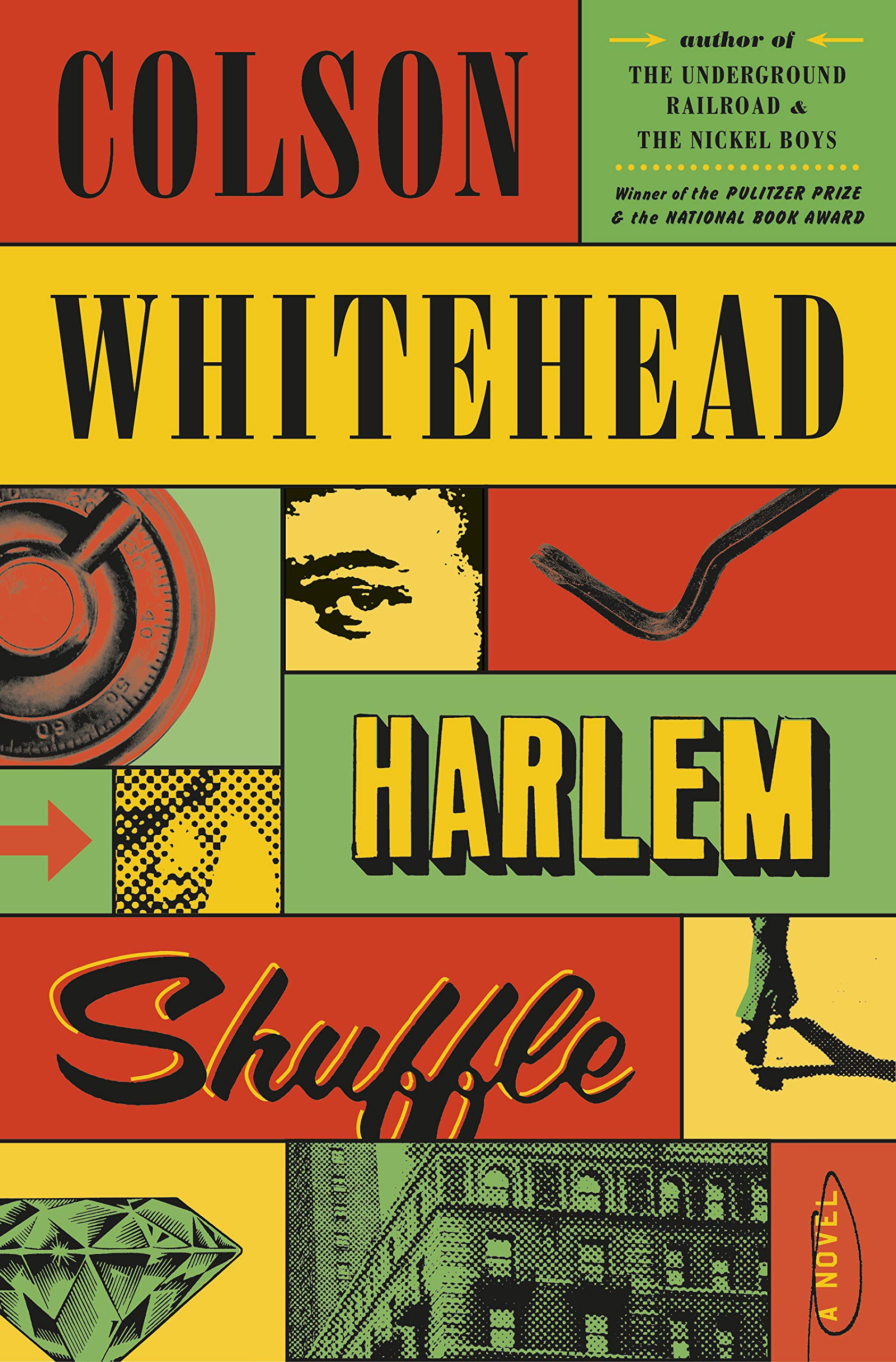
Harlem Shuffle
At least since the release of his novels The Underground Railroad (2016) and The Nickel Boys (2019), which were both awarded a Pulitzer Prize, US author Colson Whitehead has, also in Germany, become well-known. Now with Harlem Shuffle (2021), he presents another novel which – as in the two previous publications – approaches US history from a Black perspective. Following his engagement with the grim era of slavery (Underground Railroad) und the racism in the Southern States through the institutionalised Jim Crow laws, Whitehead has stated that his next novel should be somewhat easier to digest.
The result of this is – inspired from the so-called heist movies genre – a heist novel set in 1960s Harlem. It is, therefore, also set during the time of the Civil Rights Movement, although the movement’s historical and political developments are evident more so as a backdrop. The focus is placed much more on the daily life of Black folks in the Harlem area, an area which is characterised just as much from poverty, drugs and criminality as it is from the emergent Black upper middle-class. Whitehead’s protagonist, the furniture dealer Ray Carney, has a foot in both worlds. Even though he wants to leave behind the criminal milieu of his childhood, as a father of two and for the sake of his wife, who comes from a “good family”, he occasionally engages in shady business deals in the back room of his furniture store on 125th Street, where the famous Apollo Theater and the Hotel Theresa are located. The latter becomes the scene of a robbery instigated by Carney’s cousin Freddy – and as in their childhood, he drags Carney, who is actually less involved when it comes to less-than-honourable activities, into the affair. As a result, characters with colourful names such as Miami Joe, Chink Montague, Pepper and Cheap Brucie enter Carney’s life. These diverse contacts and the extra revenue generated by his swindling allow him, paradoxically, to succeed in his long-desired social climb into the middle-class of Harlem society, which, however, turns out to be somewhat less reputable than it claims to be. Cousin Freddy, on the other hand, slips further and further down through his friendship with Junkie Linus, to the point where even Carney threatens not to be able to save him anymore at Freddy’s next big operation.
Breaking with the much-needed, but often painful plunges into US history of the author’s previous novels, the portrayal of the Harlem Shuffle, which is divided into three parts correlating with the years 1959, 1961, and 1964, and the reading experience as a whole are – as intended by the author – predominantly light-hearted and entertaining. While this initially surprised me, the novel is by no means apolitical, and through fascinating parallels such as between the Harlem Riots of 1964 and today’s Black Lives Matter movement, and in reviving an eventful time in the Black history of New York, the reading was nevertheless profitable for me and can be recommended to readers interested in Black history.
Order the book here and support us! The work behind poco.lit. is done by us – Anna und Lucy. If you’d like to order this book and want to support us at the same time, you can do so from here and we will get a small commission – but the price you pay will be unaffected.
